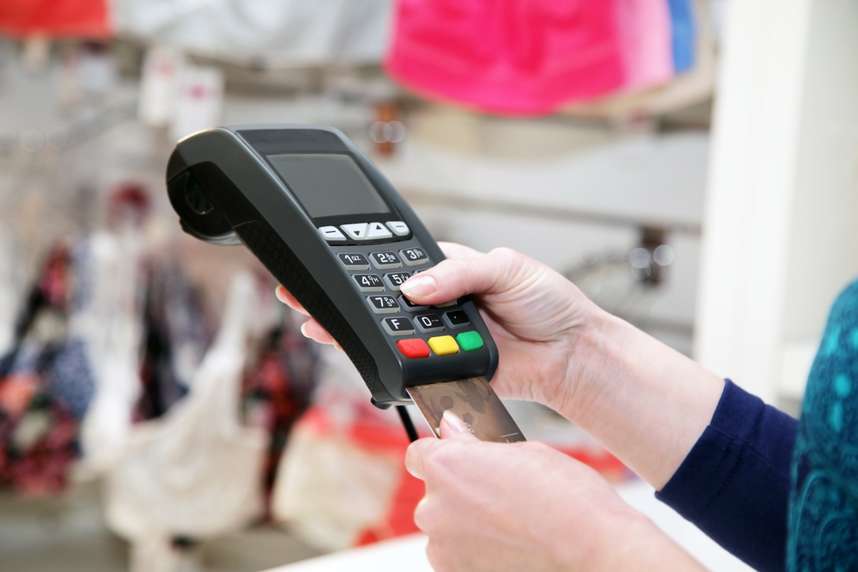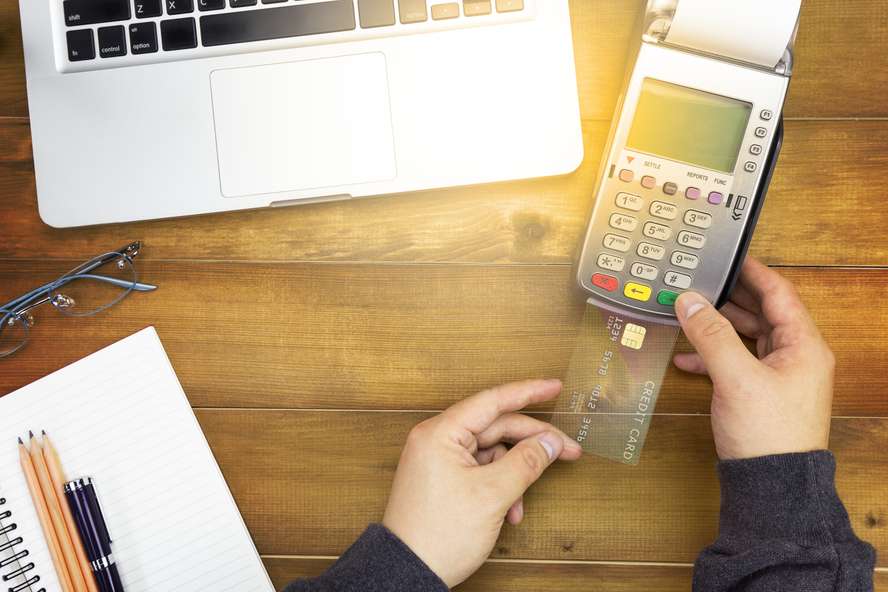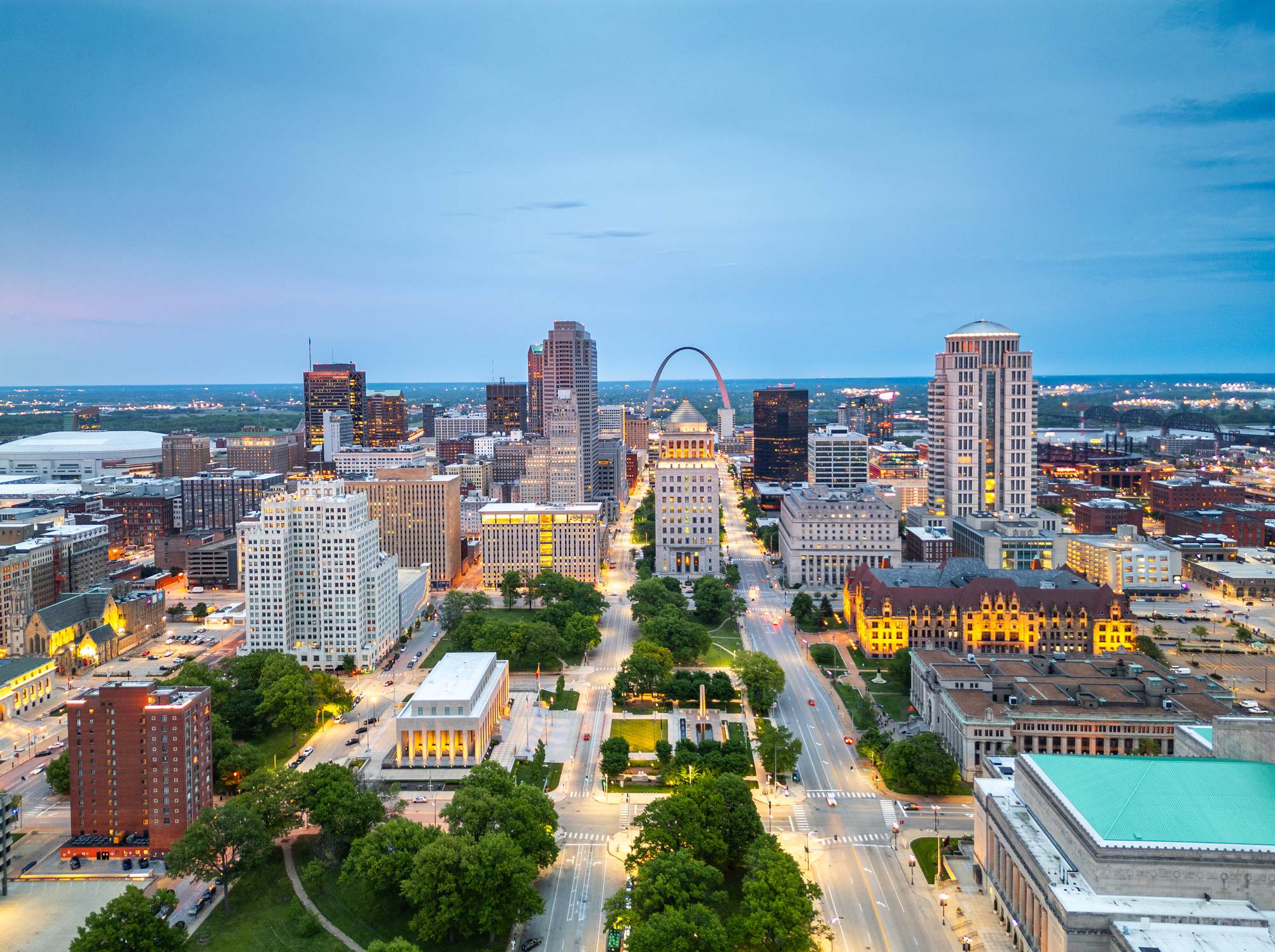MBC Blog
Stay informed with the latest insights, tips, and updates from Midwest BankCentre. Our blog covers a wide range of topics to help you navigate your financial journey, from personal and business banking advice to community initiatives and economic trends. Whether you’re looking to manage your money more effectively, grow your business, or stay connected with what’s happening in the St. Louis region, our blog is here to provide the information you need.
-

6 Banking Tools For Businesses
In today’s dynamic business environment, effective financial management is crucial for entrepreneurs aiming…
-

3 Key Ways to Build a More Resilient Business
Building a business is no easy task—but building one that can weather the…
-

3 Ways Nonprofits Can Build a Strong Banking Relationship
Nonprofit organizations face unique financial challenges—and having a trusted banking partner can make…
-

4 Ways to Lower Your Rate when Processing Credit Cards
At Midwest BankCentre, we know that you have a lot of choices for…
-

5 Things to Look for When Choosing a Credit Card Processor for Your Business
At Midwest BankCentre, we know that you have a lot of choices for…
-

7 Reasons Your Business Needs Treasury Management Services
Managing cash flow, payments, and financial risk is a full-time job. That’s where…
-

A Guide On How to Avoid Bank Fees
Have you ever been surprised by unexpected bank fees showing up in your…
-

Banking Technologies That Enhance Business Success
Banking Technologies That Enhance Business Success Technology has become an integral part of…
-

Banks Watch This Every Day—You Should Too
Banks Watch This Every Day—You Should Too Let me start with this: I’m…
-

Breaking the Invisible Barriers Holding St. Louis Back
Breaking the Invisible Barriers Holding St. Louis Back Even after nearly 30 years…
-

Budgeting for the Holidays: Financial Advice for a Happier New Year
We all know how easy it is to get carried away with holiday…
-

Building Better Business Credit
As summer winds down and back-to-school season ramps up, many working families are…

